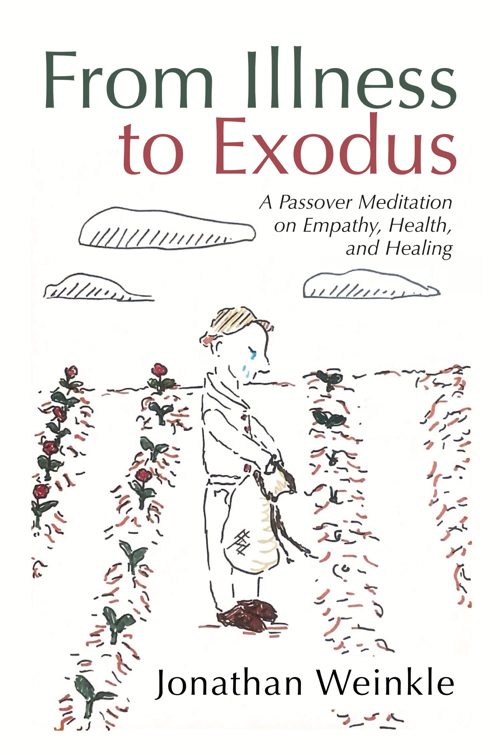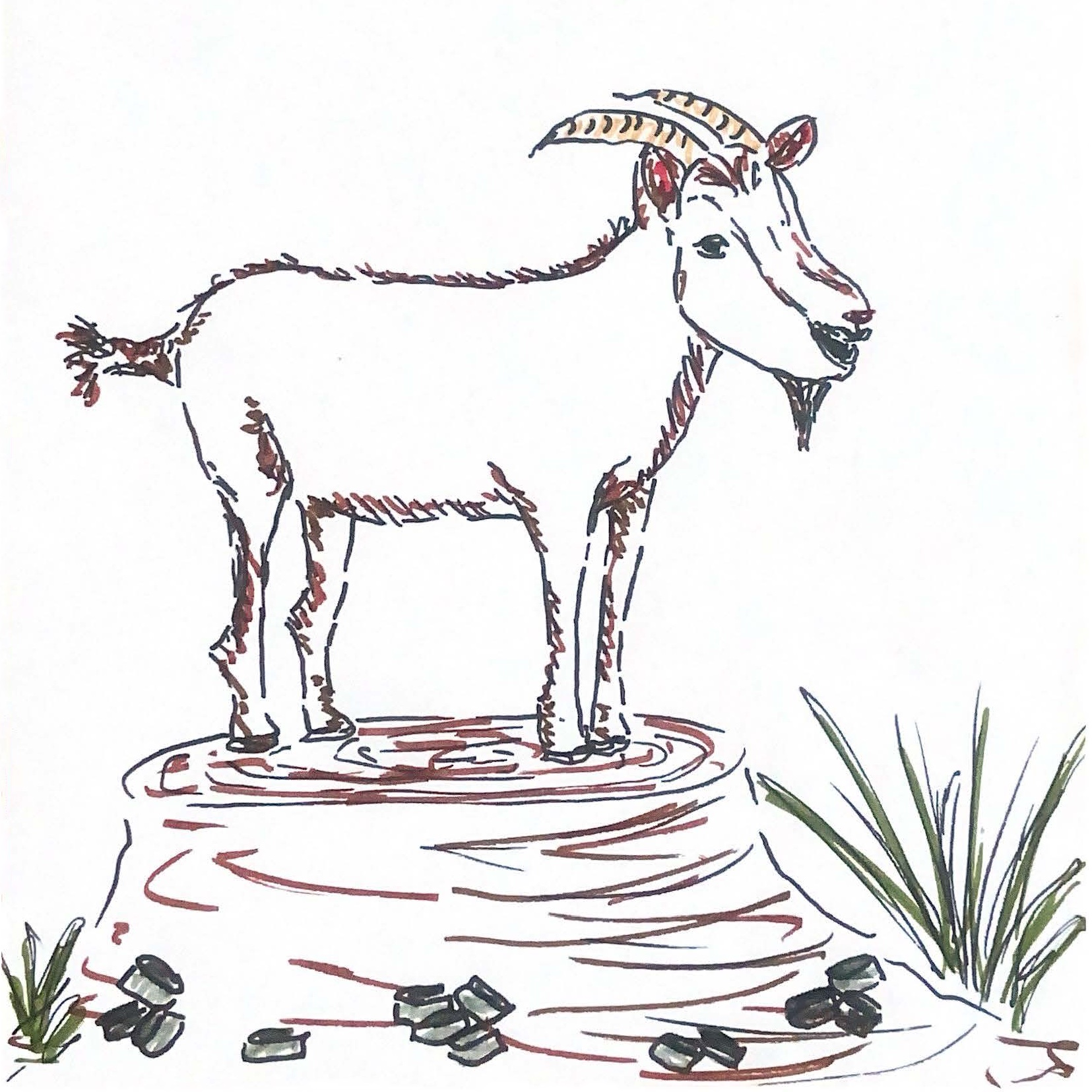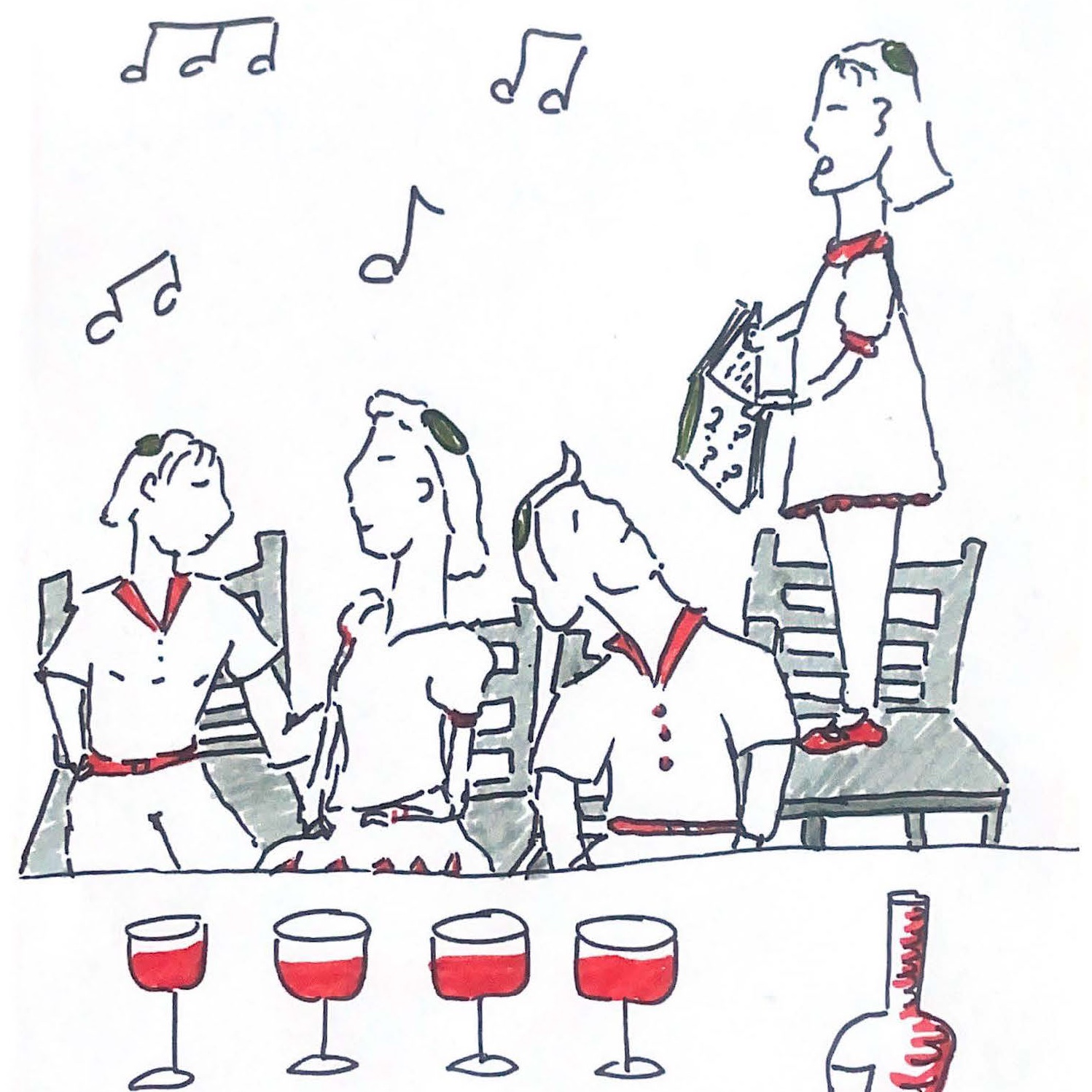Even if you’re not Jewish, you may know one common phrase from the Passover seder: “Why is this night different from all other nights?”
Or at least, that’s how it’s often translated. Some people think this is actually an expression of wonder, like, “How different this night is from all other nights?” For others, it is a much more cynical expression that nothing has changed at all, as in, “What else is new?”
In the course of an illness, variations of this question come up all the time. Do any of these resonate with you, either about your illness or about the person you’re caring for:
Why did I choose today to come to the doctor?
Is today any different than the other times I’ve been asked “how are you?” For the better or the worse?
How am I going to make today different for this person who needs my help? Why didn’t I do that before?
Will there ever be a “different” day?
To order a copy of From Illness to Exodus, click here and enter code CONF40 at checkout. You can also visit your favorite behemoth online retailer – but I really love my publisher so go there. Remember to share your responses – and share these posts in your own feed, or at your seder table IRL. Also, if you’re available Tuesday, April 8 at 8:00 EDT, join online for my “book talk” in the Religion and Healthcare lecture series sponsored by Pitt’s Center for Bioethics and Health Law.
Like this:
Like Loading...
 a>
a>


